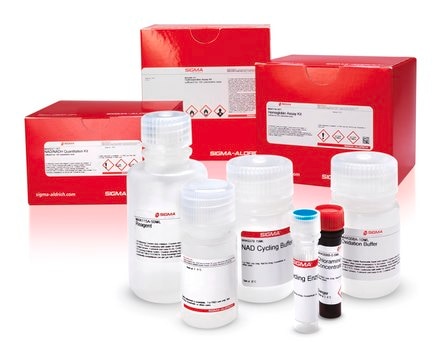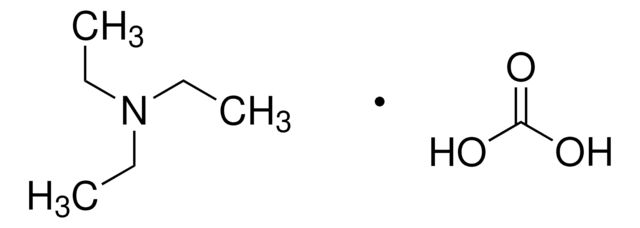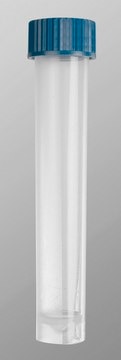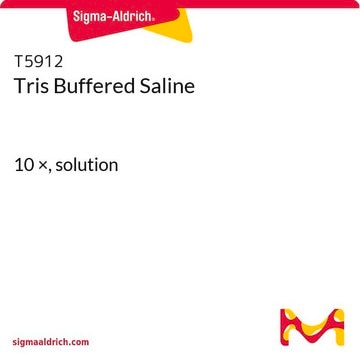51253
Atto 633 Protein Labeling Kit
BioReagent, suitable for fluorescence
About This Item
Recommended Products
product line
BioReagent
Quality Level
manufacturer/tradename
ATTO-TEC GmbH
fluorescence
λex 633 nm; λem 661 nm in 0.1 M phosphate buffer, pH 7.0 (recommended)
suitability
suitable for fluorescence
storage temp.
2-8°C
Looking for similar products? Visit Product Comparison Guide
General description
Application
Legal Information
wgk_germany
WGK 3
flash_point_f
closed cup
flash_point_c
closed cup
Certificates of Analysis (COA)
Search for Certificates of Analysis (COA) by entering the products Lot/Batch Number. Lot and Batch Numbers can be found on a product’s label following the words ‘Lot’ or ‘Batch’.
Already Own This Product?
Find documentation for the products that you have recently purchased in the Document Library.
Articles
We offer protein labeling kits based on two types of fluorescent dyes, the Atto dyes and the Tracy dyes. Both series of kits provide an easy and reliable way to fluorescently label purified proteins, enzymes, and antibodies.
Our team of scientists has experience in all areas of research including Life Science, Material Science, Chemical Synthesis, Chromatography, Analytical and many others.
Contact Technical Service





